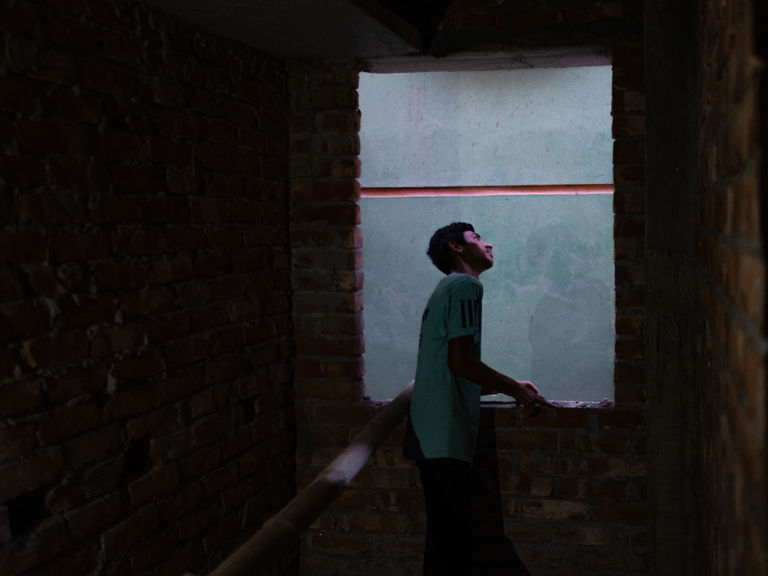Project Detail: Resisting Enforced Disappearance
Contest:
Swiss Storytelling Photo Grant 9th
Brand:
LuganoPhotoDays
Author:
Mosfiqur Rahman Johan
Project Info
Resisting Enforced Disappearance
According to the Hong Kong-based Asian Human Rights Commission, between 2009-2022 more than three thousand political activists and protesters have been forcefully disappeared and extra-judicially killed by the security agencies, which produced a massive number of ‘political widows’ and ‘political orphans’. In the context of an authoritarian regime, mainstream media tends to overlook the struggles of political widows and orphans. My project will illuminate the everyday resistance of the political half-widows and orphans, whose dearest husbands and fathers were forcefully disappeared by the security agencies. Drawing on the assemblages of the practices and performances of the political half-widows, the project will explore how the political widows in Bangladesh, commonly viewed as deprived of agency, utilize human rights tools to navigate policing and ensure justice.
In Bangladesh, an old mother goes to bed leaving the door unlocked, hoping her only son would walk through the door during the night. Since 2012, Bangladeshi security agencies introduced a range of techniques to control social and political movements by modifying police practices into militarized models. According to the Hong Kong-based Asian Human Rights Commission, between 2009-2022 more than three thousand political activists and protesters have been forcefully disappeared and extrajudicially killed by the security agencies, which produced a massive number of ‘political widows’ and ‘political orphans’. Enforced disappearances symbolize insurmountable suffering, as the kin of the disappeared persons wait constantly without closure. Resistance comes in many different shapes and forms. For these women, violent demonstrations or other rebellious gestures are not feasible. However, a careful observation of their day-to-day activities reveals a lot about how they have always been protesting in some way i.e., an old mother leaving the door unlocked hoping for the return of her only son. On the one hand, the disappeared person’s family is desperate to believe that the disappeared individual is still alive and eagerly waits for their arrival. The family members are very careful to keep the clothes and other essential items used by the disappeared kin in the same fashion as they would have themselves. Archiving is also a part of their everyday activities in life. In an attempt to preserve proof, the family members of the enforced-disappeared individuals carefully keep the newspaper articles featuring their kin's disappearance. A child who has never known his/her father even draws a painting on the wall about his/her feelings. Through these kinds of activities enforced disappearance of a loved one has shaped and reshaped several chapters of women's and children's lives. This project illuminates the everyday resistance of the political half-widows and orphans, whose dearest husbands and fathers have been forcefully disappeared by the security agencies. Drawing on the assemblages of the practices and performances of the political half-widows, the project explores how the political widows in Bangladesh, commonly viewed as deprived of agency, utilize human rights tools to navigate policing and ensure justice.


















